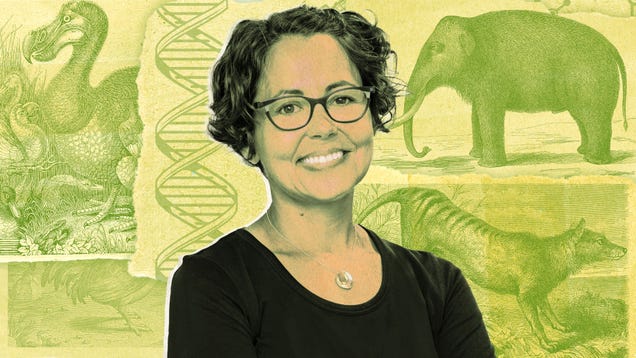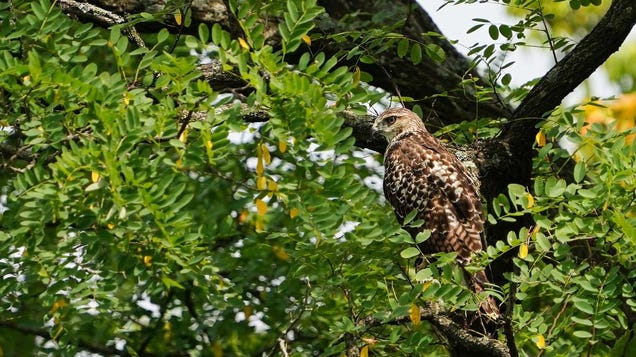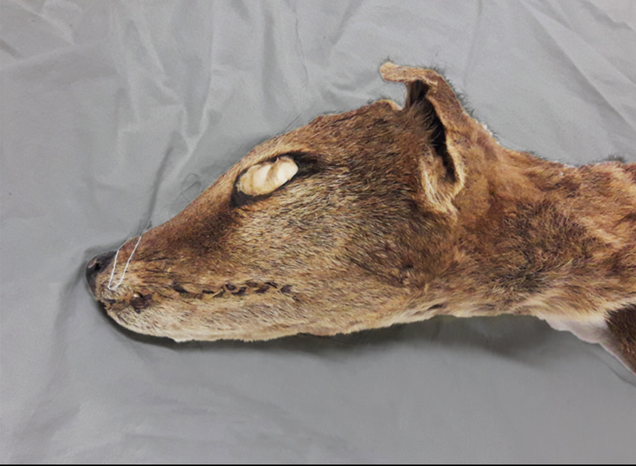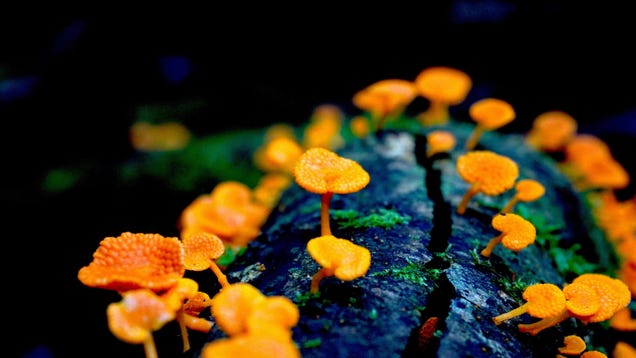
This story is part of our Chief Innovation Officer Forecast series with Quartz, a business report from the front lines of the future.

This story is part of our Chief Innovation Officer Forecast series with Quartz, a business report from the front lines of the future.

Colossal Biosciences, which calls itself “the world’s first de-extinction company,” has created stem cells it thinks will hasten the company’s marquee goal of resurrecting the woolly mammoth. The team’s research describing the accomplishment will be hosted on the preprint server bioRxiv.

A team of researchers from around the world, led by Ohio State University, will be gathering data to create artificial intelligence-informed models to better understand the long-term impact of the climate crisis on biodiversity.

The last known thylacine—the largest marsupial carnivore in recent times—died in Tasmania’s Beaumaris Zoo in 1936.

The BMC Ecology and Evolution photo competition has come to an end, and the winners and runners-up cover a diverse sweep of the animal and fungal kingdoms.